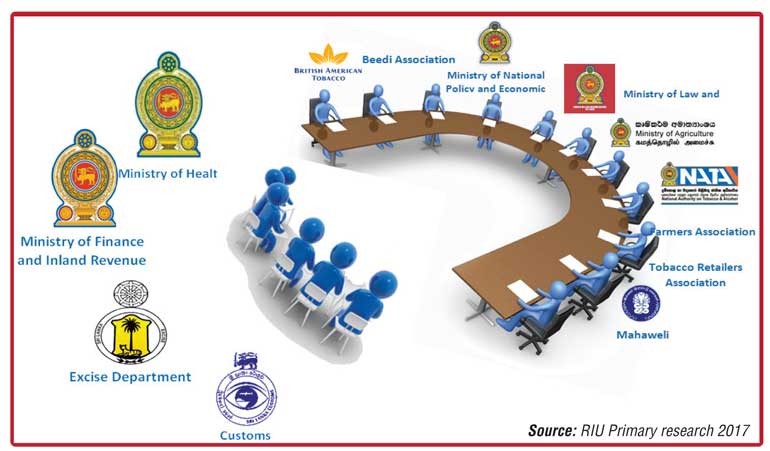From: Daily FT [Sri Lanka]
Moving towards a sustainable tobacco policy in Sri Lanka

As part of the ongoing series of articles focused on developing a sustainable policy framework for the tobacco industry in Sri Lanka, RIU herein looks at the sortcomings of recent Government intervention and shares some of the findings from a recently completed high-level study amongst the key stakeholders of this industry, including current and former ministers
By the Research Intelligence Unit (RIU)
***
The international agencies, including the World Bank, have suggested that a 10% rise in taxes will result in an 8% fall in smoking in low and middle-income countries. However, in Sri Lanka’s case, we can note that the availability of much cheaper alternatives including the locally produced Beedi, along with a growing choice of illicit cigarettes that are priced competitively lower in the market, serves to illustrate that a ‘cut and paste’ approach to tobacco policy across international markets cannot work. In essence, taxation-driven price hikes alone have proved that they are insufficient policy measures for delivering the reductions in smoking prevalence despite the claims made by international agencies.
***
De-politicising the issue of tobacco taxes is also critical to ensuring that the legal and regulated industry has a predictable and level-playing-field that generates the forecasted amounts of revenue for the Treasury. Whilst the Government will want to balance the Health Ministry perspective with that of the Finance Ministry, it is essential that all stakeholders are included in the discussion.
